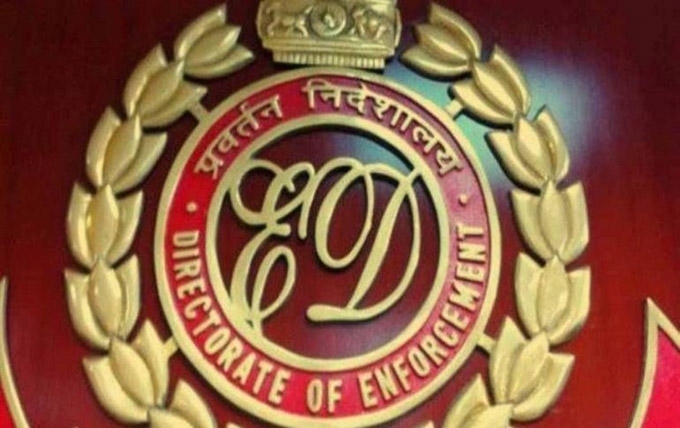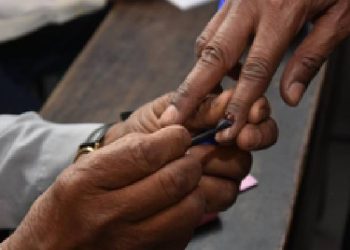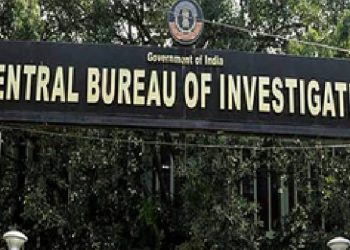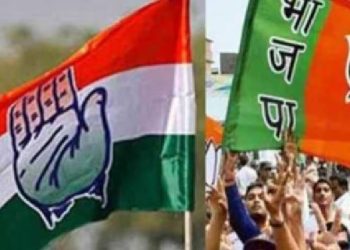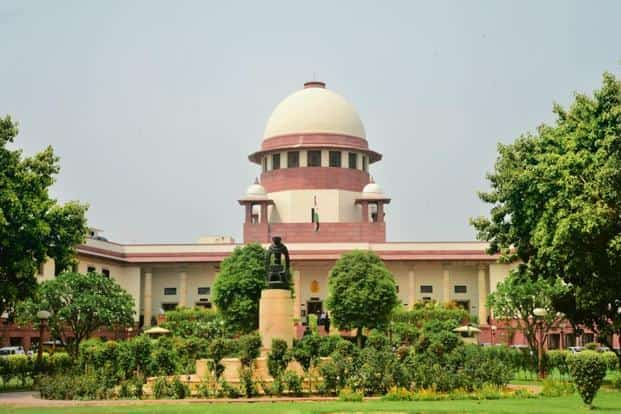New Delhi: The Enforcement Directorate (ED), seeking to transfer the investigation in the Nagrik Apurti Nigam (NAN) scam case in Chhattisgarh to the CBI and also shifting of the trial outside the state, told the Supreme Court on Monday that the constitutional functionaries were helping the accused.
Solicitor General Tushar Mehta, representing the ED, submitted before a bench headed by Chief Justice U.U. Lalit that the probe revealed that a high court judge was in touch with constitutional functionaries who were helping the accused.
A battery of senior advocates – Mukul Rohatgi, Rakesh Dwivedi, and Kapil Sibal – represented the respondents in the matter. One of the counsel for the respondent argued that the scam had occurred during the BJP’s rule in Chhattisgarh.
Mehta added that there was an attempt to reduce the gravity of scheduled offences of other co-accused and the accused also influenced the witness to withdraw statements made before the ED.
He added that WhatsApp chats revealed involvement between accused IAS officers and those holding constitutional posts.
“I have WhatsApp chats. We have not revealed names so that the faith of people is not shaken upon system,” he said, adding “should we disclose the person in touch with the constitutional functionary?”
At this, Rohatgi replied: “So what? Judge is not above the law…”
Sibal said let the Chhattisgarh government file the documents in sealed cover. Advocate Prashant Bhushan, appearing for an intervenor, agreed with the submission of the ED for transfer of trial.
After hearing arguments, the top court directed Chhattisgarh and other parties to file the material in a sealed cover and scheduled it for further hearing on next Monday.
The ED had registered a money laundering case in connection with the scam against two IAS officers. The NAN scam surfaced in 2015, and those involved have been accused of supplying low quality rice, grams, salt etc.
The ED moved the apex court seeking transfer of trial from Chhattisgarh alleging a senior government official is attempting to weaken the predicate offence against the accused.
(IANS)



